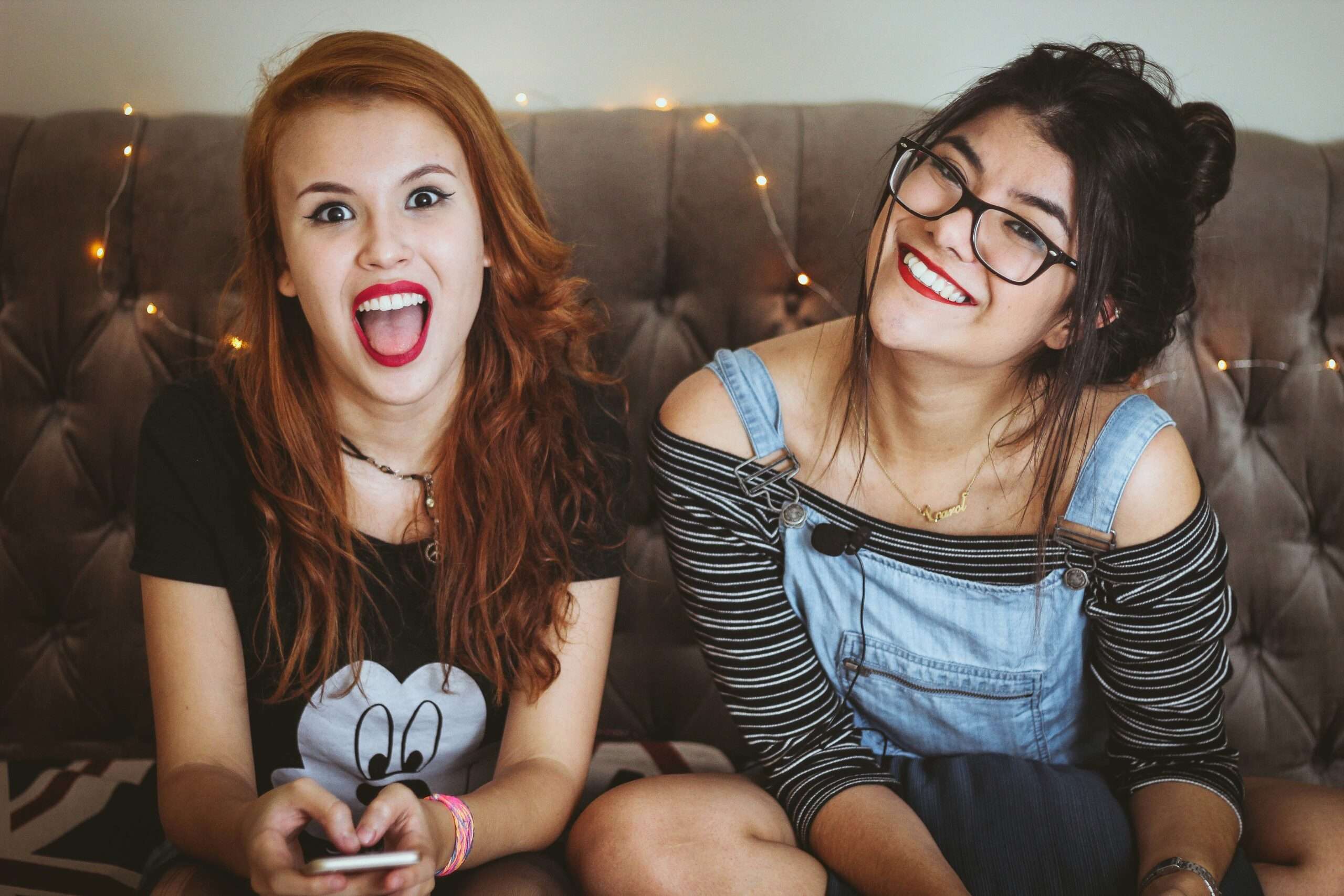Study: Social media don't displace in-person hangouts for teens

🌈 Abstract
The article discusses a new study that challenges the idea that teenage social media use is displacing in-person time with friends. The key findings are:
- Teens who spend a lot of time on social media also spend the most in-person time with friends.
- Increased social media use does not predict declines in social skills.
- For some teens with pre-existing social anxiety, increased social media use may be associated with a small decline in social skills.
- The relationship between social media use and teen mental health is complex, with no one-size-fits-all script.
🙋 Q&A
[01] Social Media Use and In-Person Socialization
1. What did the new study find about the relationship between teenage social media use and in-person time with friends?
- The study found that teens who spend a lot of time on social media also log the most in-person socialization time. More time spent on social media was concurrently associated with greater time spent with offline friends.
2. How does this finding challenge the common theory that social media use is displacing in-person activities for teens?
- The finding challenges the theory that social media use is crowding out unmediated activities like in-person hangouts. The study suggests this theory may be missing the mark, as social teens are social regardless of the medium.
3. What did the study find about the relationship between social media use and social skills?
- The study found no support for the assumption that social media use predicts declines in social skills. Increased social media use was unrelated to future levels of social skills across ages 10-18.
[02] Nuanced Relationship Between Social Media and Mental Health
1. What did the study find about the relationship between social media use and mental health for teens with pre-existing social anxiety?
- For teens who already scored high on social anxiety, increased social media use did predict a small decline in social skills, but only for those between ages 12-16.
2. How does this finding point to a wider conundrum in studies of social media use and teen mental health?
- This finding suggests the relationship between social media use and teen mental health is complex, with no one-size-fits-all script. Causation could go both ways - social media use could exacerbate issues for some teens, while helping others cope with offline stressors.
3. What is the key takeaway about blanket policies regulating teen social media use?
- Blanket rules like banning minors from social media are unwise, as the impact of social media can be helpful, harmless or harmful depending on the individual teen's circumstances. Parents and trusted adults are better positioned than lawmakers to understand how a particular teen relates to social media.